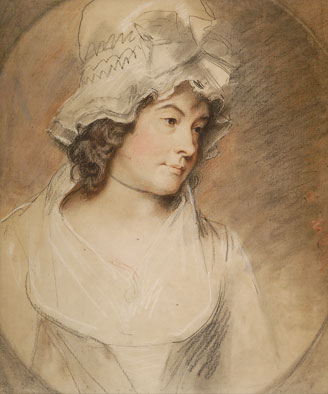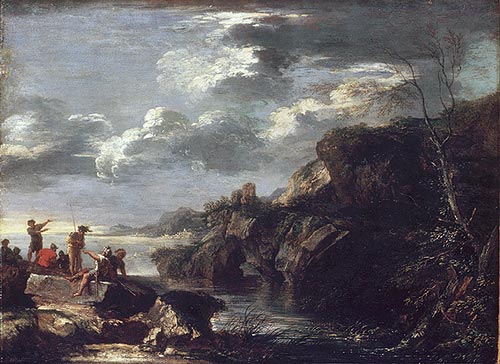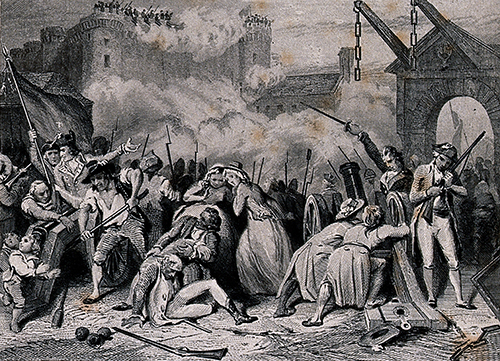Tuesday, March 1st
Emmeline, Volume III (233-336)
Excerpts from Burke, Chapone, Gregory, and Wollstonecraft (Emmeline, Broadview 488-497)
From Catharine Macaulay, Letters on Education (1790), CP 50-52
<Wednesday, March 2nd>
Special Office Hours today from 2-3
Thursday, March 3rd
Emmeline, Volume IV (337-476)
In honor of our lovely spring day here in Athens, I’m converting the quiz into an extra credit assignment. You can earn up to 3 points on your Tuesday Writing Response Grade.
Please note the significance of who/what Emmeline discovers at the end of Volume III, defining “discovery” in the broadest sense to encompass both facts as well as feelings. In the next section, please note the consequences of those discoveries in Volume IV and the novel’s conclusion.
The more that you convince me that you’ve finished the novel, the more points that you will receive. The one thing I ask is that your responses be thoughtful, going beyond what you may have learned from the internet.
No Office Hours Today
**
Spring Break: March 7th through March 11th
**
Tuesday, March 15th /First Essay Due
No short writing assignment due on eLC this week. You will have a short in-class writing response on Thursday.
Begin reading Ann Radcliffe, The Italian, begin reading Vol. I, Chapters I-VII, pp. 1-82)
Material on the Sublime, the Beautiful, and the Picturesque
Edmund Burke, from A Philosophical Enquiry (1757), CP pgs 79-85
Anna Laetitia Aikin and John Aikin, from “On the Pleasure Derived from Objects of Terror” (1773), CP pgs. 86-89
William Gilpin, from Observations on the Picturesque (1786), Broadview Northanger Abbey, pgs. 247-48
Humphrey Repton from Sketches and Hints on Landscape Gardening (1795) and Observations on the Theory and Practice of Landscape Gardening (1803), Norton Mansfield Park, pgs. 382-387
On Burke, on Gilpin, and on the Gothic.
Links to other images of interest: Salvator Rosa (here), Giovanni Piranesi (here and here), Joseph Wright ( here, here, and here), Claude Lorrain (here and here), and David Caspar Friedrich (here and here).
More on the sublime, the beautiful, and Salvator Rosa
Extra-credit opportunity:
Dr. Bakary Diaby (Assistant Professor, Skidmore college) will speak on “Failing Romanticism: On Figure and the Fight” in Park Hall 265 at 4 PM today.
You may receive up to 2 extra points by attending Dr. Bakary Diaby’s talk. Please pay close and respectful attention during the presentation. After the talk, please submit a 2-paragraph response. Your response should go beyond mere summary, making connections to other literature you have studied or read, as well a the potential you see in Dr. Diaby’s undergraduate teaching.
Thursday, March 17th
Ann Radcliffe, The Italian (Finish reading Volume I, pp. 83-128)
Joanna Baillie, From Introductory Discourse from A Series of Plays (1798)
Our desire to know what men are in the closet as well as the field, by the blazing hearth, and at the social board, as well as in the council and the throne, is very imperfectly gratified by real history; romance writers, therefore, stepped boldly forth to supply the deficiency; and tale writers, and novel writers, of many descriptions, followed after. . .
and
Let us understand, from observation or report, that any person harbours in his breast, concealed from the world’s eye, some powerful rankling passion of what kind soever it may be, we will observe every word, every motion, every look, even the distant gait of such a man, with a constancy and attention bestowed upon no other. . . If invisible, would we not follow him into his lonely haunts, into his closet, into the midnight silence of his chamber?. . . It is to this sympathetick curiosity of our nature, exercised upon mankind in great and trying occasions, and under the influence of the stronger passions, when the grand, the generous, the terrible attract our attention far more than the base and depraved, that the high and powerfully tragick, of every composition, is addressed.
**
Monday, March 21st
Extra-credit opportunity:
Dr. David Diamond (Assistant Professor of English, the University of Colorado at Colorado Springs) will speak on “Secularism and Early Black Critique: Ignatius Sancho’s Pluralistic Afterlife,” in Park Hall 265 at 4 PM today.
You may receive up to 2 extra points by attending Dr. Diamond’s talk. Please pay close and respectful attention during the presentation. After the talk, please submit a 2-paragraph response. Your response should go beyond mere summary, making connections to other literature you have studied or read, as well a the potential you see in Dr. Diamond’s undergraduate teaching.
Tuesday, March 22nd
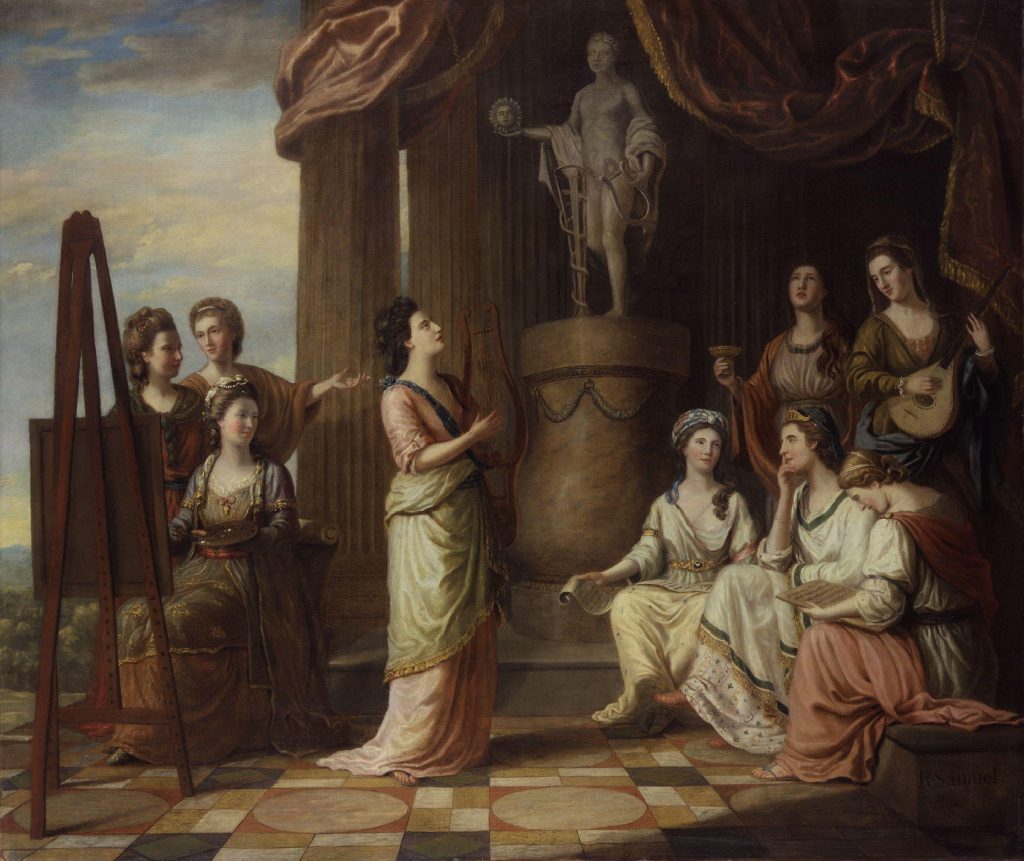
[Barbauld top left, hand out in gesture ]
UPDATE: Reading Day: we will not meet in person, please finish The Italian
Thursday, March 24th
Discussion of The Italian in its entirety
See National Portrait Gallery website for more information about the image on the right
**
Tuesday, March 29th
The French Revolution: CP pgs. 90-125
Added: Excerpt from Richard Price
Edmund Burke, from Reflections on the Revolution in France (1790)
Mary Wollstonecraft, from A Vindication of the Rights of Man (1790)
Thomas Paine, from Rights of Man (1791 and 1792)
Mary Wollstonecraft, from A Vindication of the Rights of Woman (1792)
Priscilla Wakefield, from Reflections on the Present Condition of the Female Sex (1798)
Thursday, March 31st
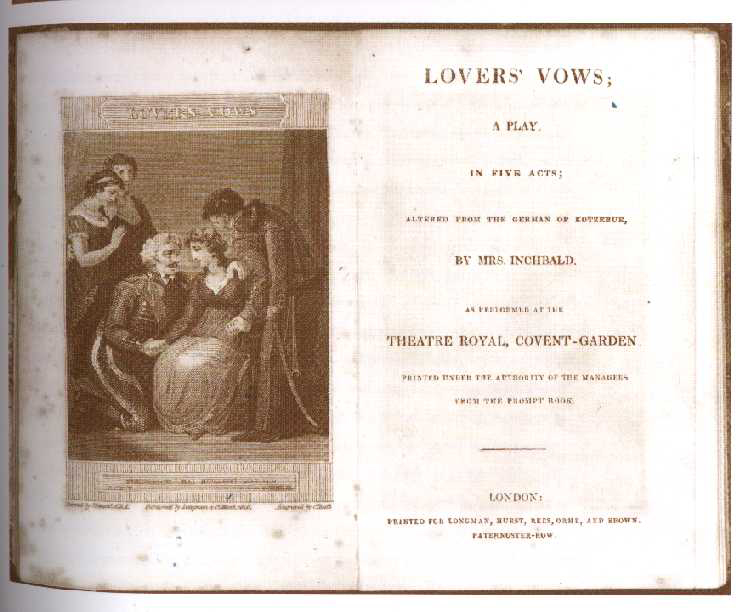
Elizabeth Inchbald, Lover’s Vows, read in full, Norton Mansfield Park, pgs. 329-375
Selections from Gisborne (1794) and More (1799) in Norton Mansfield Park, pgs 398-405
